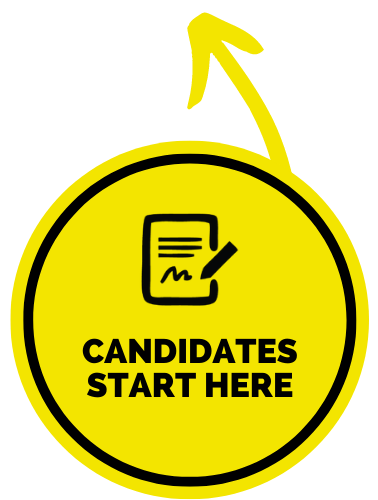
Jobs and Job Titles are linked critically to an immediate view of what the job will entail. Example “Personal Assistant” we immediately think of a person who will assist a manager with answering phones, travel arrangements and administration. Another example is “Manager” immediately think of someone that leads a team of employees. Want to save hours in hiring? Then ensure your Job Title is ideal for the role.
To be creative or not be creative?
We often get mixed up in making Job Titles sound cool, creative, and fun! This is often great to show initiative but creates confusion for clients who deal with your staff, difficult for your staff to find other jobs, and for you to hire the right person.
Writing this blog, I researched some of the creative and fun Job Titles like:
- Ambassador of buzz
- Wizard of light bulb moments
- Collector of business cards
- Master Handshaker
- Chief Inspiration Officer
- Chief Rockstar
For more of these funny ones look here à https://blog.ongig.com/job-titles/funny-job-titles/
Or just look at www.indeed.com or www.gumtree.co.za
Old school or the new school
Old school style was to call people who worked with the staff à HR! Now days it’s the People team, but strangely finance departments aren’t called the money departments. Old school may work faster to your benefit.
Ensuring you hire right and quickly we have found using the common job title is best. When the candidate starts, you can discuss the creative job titles to use going forward. Some basics:
- What department will the role work in?
HR, Finance, Sales, or Marketing? Add these to the title so it makes it easier for candidates to find the job you are advertising. i.e. Finance Clerk
2. Leaders need titles!
If they are going to lead a team then ensure you have in the Job Title à manager, lead, head of. Candidates who do not want to manage people will not be searching for Business Development Manager, as an example.
3. The problem with vision…
The problem with a job is it often sits inside the head of the person leading the team. And if the job title doesn’t explain clearly what the person will be generally done by 80% of the people searching for jobs, then you won’t get the right person. Check your vision by telling someone else you are looking for “PA” (as an example) and see if they have the same understanding as you.
4. Timers
Those people who are looking for temporary, freelance, or reduced hours need to find that in a Job Title. For example if you are looking for a Graphic Designer, but only want them to work a few hours a week then add Freelancer to the end of the Job Title. i.e. Freelance Graphic Designer
5. Global vs local
If you are looking for a business development manager and you need them to work globally, to travel, and have an international flair then add “Global” or “International” to the title. Else you will be getting people applying who don’t want to travel or deal internationally. i.e. International Sales Consultant.
6. Senior vs Junior
If the role needs to have anything more than 5-8 years experience, and the role will be dealing with a senior level – add the word Senior to the Job Title. This cuts out the graduates, interns, and juniors that wish to apply. It shortens your job applications down, which saves you time. i.e. Senior C# Developer
7. Executive or Director
There seems to be some confusion when using the word Executive versus Director. A Director is mostly someone who holds a directorship role in the business. The example they are generally listed on the CIPC as a director. If hiring a junior and calling them Director of Customers will get the complete wrong applicants.
The same goes for Executive! “Executive” is used for a senior member of staff that does not hold a directorship but holds one of the most senior roles in a business. Calling your call center staff the Customer Executive is going to cause problems in your hiring and promoting line. Rather use Executive for your Chief Executive Officer or Sales Executive.
8. Think long term not now
When we hire staff, we hope that they will stay with the company and grow. For this, you need some ‘leg’ room in your job titles to promote them. Starting them out as Senior, Executive, or Manager won’t help promotions later on. Think long-term!
9. What if
If the employee doesn’t stay with you or if you need to retrench, you want that person to be able to find a job. 90% of people that review CV’s first look at the past job title to determine a fit. If you called the last person Chief Handshake Officer – it doesn’t help that person, find their next job. Be considerate and give them a title they require and can use going forward.
10. International titles
The USA uses titles such as Vice President and so forth in their management line. I would steer away from this unless your company has an international shareholder or holding company. It confuses the hiring, promoting, and re-hiring process.
In short, keep it simple and use what is available. If you don’t have an idea what the role should be called go to google.com and type in some of the features of the job and see what comes up. Just google it (as they say!)
For more blogs like these on Jobs, Job Description, Career, Salary go to www.jobcrystal.co.za/blog









